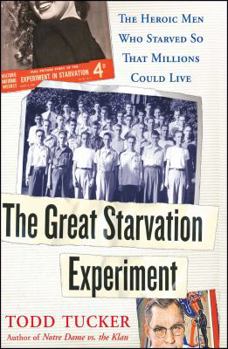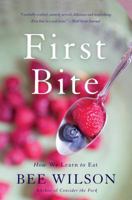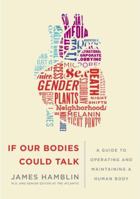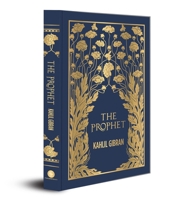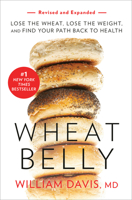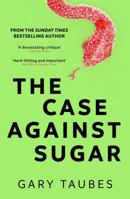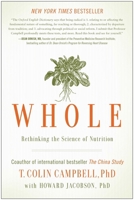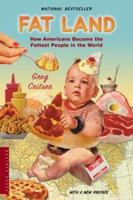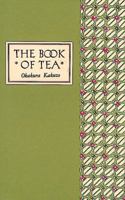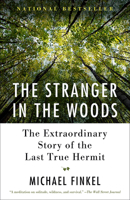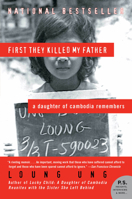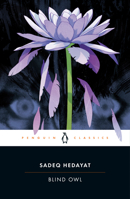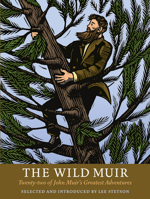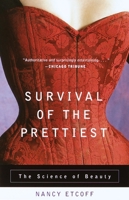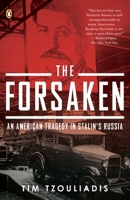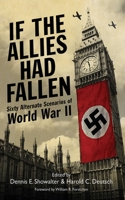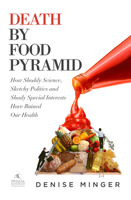The Great Starvation Experiment: The Heroic Men Who Starved so That Millions Could Live
Select Format
Select Condition 
You Might Also Enjoy
Book Overview
Related Subjects
20th Century Education & Reference History Medical Medical Books Military Research World War IICustomer Reviews
Rated 5 starsThe Great Starvation Experiment is a great read!
The Great Starvation Experiment is a great read! The doctor and the men involved were courageous. The contribution that these men and Dr. Keys made to mankind and science is amazing. It had to be very hard to do what they did; starve themselves and watch what happened. The author delivers the story of this experiment with an intelligent writing style. He covers the scientific and ethical reasons for reasons for the experiment...
0Report
Rated 5 starsFascinating!
As an alumnus from the Univesity of Minnesota, it was incredibly interesting to see how my alma mater factored into this important research. I heard whispers of this story while in school at the U, but never enough to be able to piece the entire story together. I couldn't put this book down! Plus, it was fun to be able to read about what the campus was like during this period of American History.
0Report
Rated 5 starsA wonderful story, all the better that it's true!
Nope it's not about anorexia, but it is fascinating! All manner of details about hunger, calorie restrictions, who loses weight, who doesn't, and why! This study, run by Dr. Alan Keys (who also invented the K ration) is the seminal (and only) work on human starvation. This book is its story and the story of the men who participated to make the study possible. As someone who is firmly opposed to the taking of any life I can...
0Report
Rated 5 starsA Different Kind of War Hero
As the veterans of World War II begin their inevitiable departure folks realize that if they're going to honor them it'd better be soon. The same goes for a different kind of war hero, the conscientious objectors who were willing not only to stand up for their beliefs in the face of overwhelming disdain, but were just as willing to risk their lives to serve humanity through Civilian Public Service. Over the years I've met...
0Report
Rated 5 starsA Different Kind of War Hero
In the final months of World War II, thirty-six Americans were held in a bunker hidden away from the public. They were systematically starved until they had lost a quarter of their weight. The men suffered a range of symptoms (aside from extreme weight loss) including incapacitating weakness and constant headaches. One man chopped off three of his fingers to escape the agony. The Americans were starved under the supervision...
0Report











